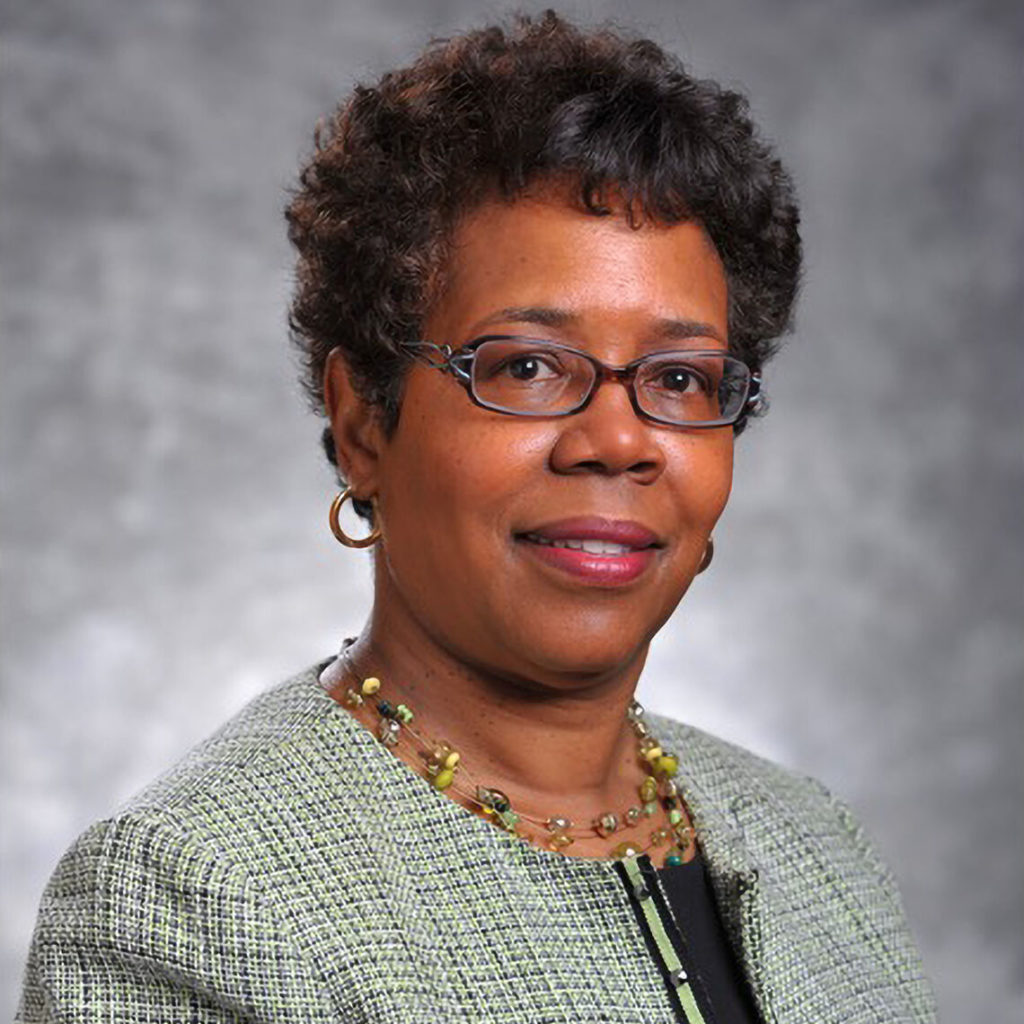
By Anna Synakh and Isabel Paris || Copy Editor and Managing Editor
In an email sent out on July 9th, President Altmann introduced Dr. Gretchel Hathaway as Franklin & Marshall’s first Vice President for Diversity, Equity, and Inclusion. She will start her position at F&M on August 20th.
In an interview with The College Reporter, Dr. Hathaway revealed her plans for bettering the campus environment, her concerns, and perspectives on what exactly a liberal arts school such as Franklin & Marshall must do in the fight for equity.
The interview began with Hathaway explaining her thought process behind coming to F&M. She has previously been involved with the college and its culture, as her son is not only an F&M alumni but also one of the founders of the student organization I.M.P.A.C.T. Hathaway stated that she knows first hand that colleges such as ours are crucial in the social justice movement, as these conversations are best held in small classes.
Dr. Hathaway highlighted that in the current climate, no educational facility can remain as is, due to the importance diversity and inclusion plays in the college selection process. Without improvement, schools such as Franklin & Marshall could very well end up with extremely low admission and retention rates, ultimately losing business.
According to the newly elected vice president, F&M must address the issue of inclusion on campus not only through training or one-day programs but also through a school-wide effort. Hathaway emphasized the importance of teaching what diversity means and how broad the concept actually is. She noted that speakers or workshops are not going to solve these issues, but rather that it is an ongoing process to do so. In order for Franklin & Marshall to sustain as an institution of education , Hathaway says we must strive to “better ourselves and better the campus.” Without this initiative, we will become another institution that failed to acknowledge the pressing social justice issues that surround us.
However, Hathaway does not want nor does she expect to have a utopia for students, faculty, and staff to exist in. When asked what an ideal diverse and inclusive learning environment would look like, she said that there will never be a perfect environment, and rather, we should avoid adopting “an attitude of complacency.” Hathaway explained, “There will never be a college that won’t be handling a social justice issue. What’s important is how they are addressing it and discussing it.” She continued, saying,“We will always have these issues as long as we have a diverse population.” Ultimately, Hathaway concluded her answer with her message of constant education and re-education of the people around us. This type of commitment is what will keep an institution enduring rather than make it appear as a seemingly utopian society.
When looking at how Franklin & Marshall can be improved, Hathaway said the first step is to create an environment where people have “a voice at the table.” She pressed, “Even more so, those who have a seat at the table but still feel as though they can’t speak at the table.” She emphasized that students, faculty, and staff all need to be made aware of and be educated in social justice issues. Hathaway wants to educate those who are not even aware that what they think or say is wrong. She asked, “How can you punish someone who doesn’t understand what they’re saying is inherently wrong?” Her solution is through bringing the community inward and dissecting the culture of the campus. As for the campus community in particular, Hathaway states, “Everyone has implicit biases.” But she also reassures that “biases and prejudices are learned behaviors and can be unlearned.”
Throughout the interview, Hathaway was positive about Franklin & Marshall’s administration and mentioned her impression that “the senior staff is not only ready to understand and learn about [diversity and equity], but to move forward on these issues.” She is looking forward to working with them directly and expects that they will fully support changing curriculums and providing a more diverse learning environment regardless of department affiliations.
Listening to Dr. Hathaway, the most important point, it seemed, was that the campus must and will change in the years to come, whether education will be online or in person. She has been working with Union College over the summer and providing diversity training over Zoom, so she ensured that addressing social justice and diversity online will not be new to her and it is very much possible.
Much of the programming Hathaway has offered focuses on encouraging incoming freshmen to understand the basics of social justice, equity, and inclusion, and that the three must play an important role for the community. She stated that HAs will most likely be asked to provide more training on these topics, and orientation will not just feature talk or two on the issues, but rather be built around them. Additionally, she highlighted that such focus on these aspects must not end with orientation; the topics must be revisited throughout freshman year so that the students never stop learning.
Dr. Hathaway concluded the interview by saying that inclusion, equity, and diversity are not about political correctness, but rather social correctness. Offensive actions must not be considered political but taken for what they are, social.
Junior Anna Synakh is a Copy Editor. Her email is asynakh@fandm.edu
Senior Isabel Paris is the Managing Editor. Her email is iparis@fandm.edu